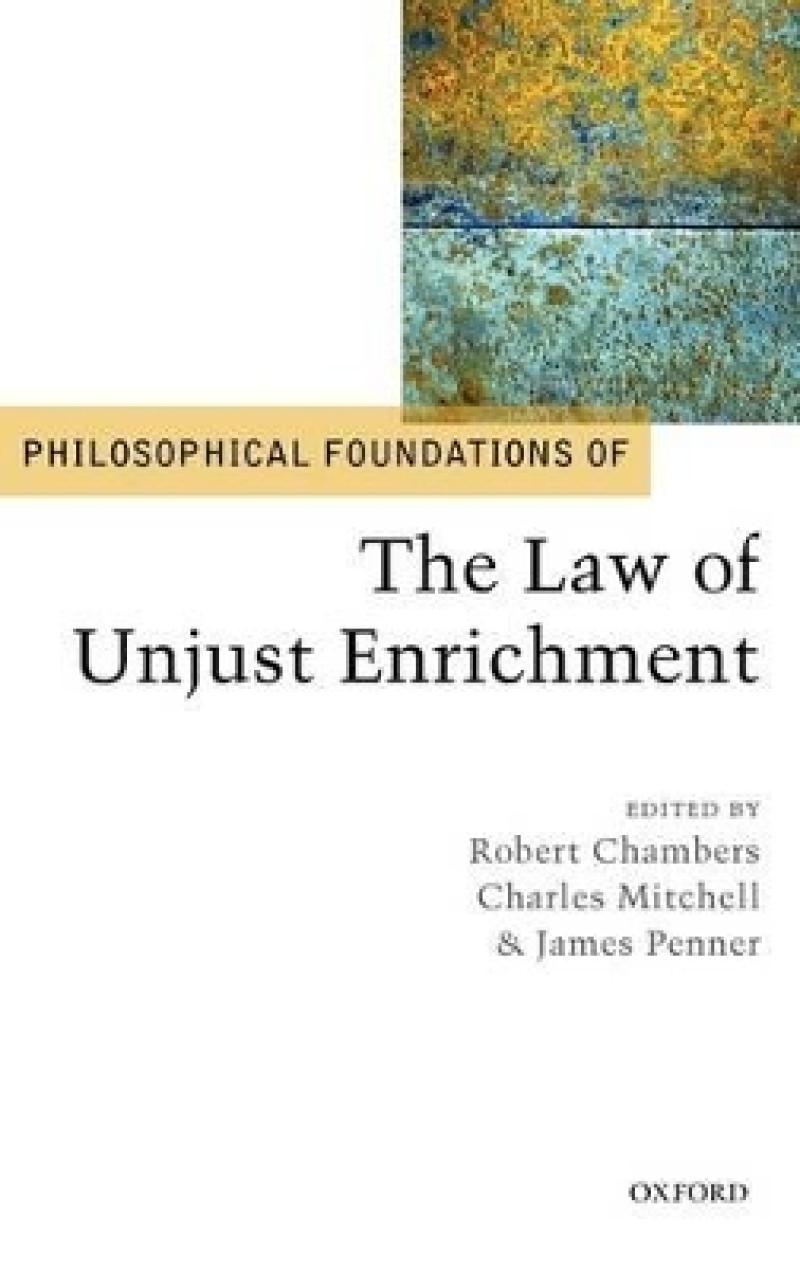...the real strength of this book lies in the diversity of the analyses contained within, which will be of use to practitioners and academics alike as they attempt to chart the course of restitution and unjust enrichment in the years to come. Many of the papers have a comparative flavour, giving them an international relevance
Benedict Semple Wray, King's College London, Trust Law International 23.3
The essays in this collection greatly advance our understanding of what lies begind unjust enrichment, its elements and its structure
AP Simester, Univeristy of Cambridge and National University of Singapore, Oxford Journal of Legal Studies
